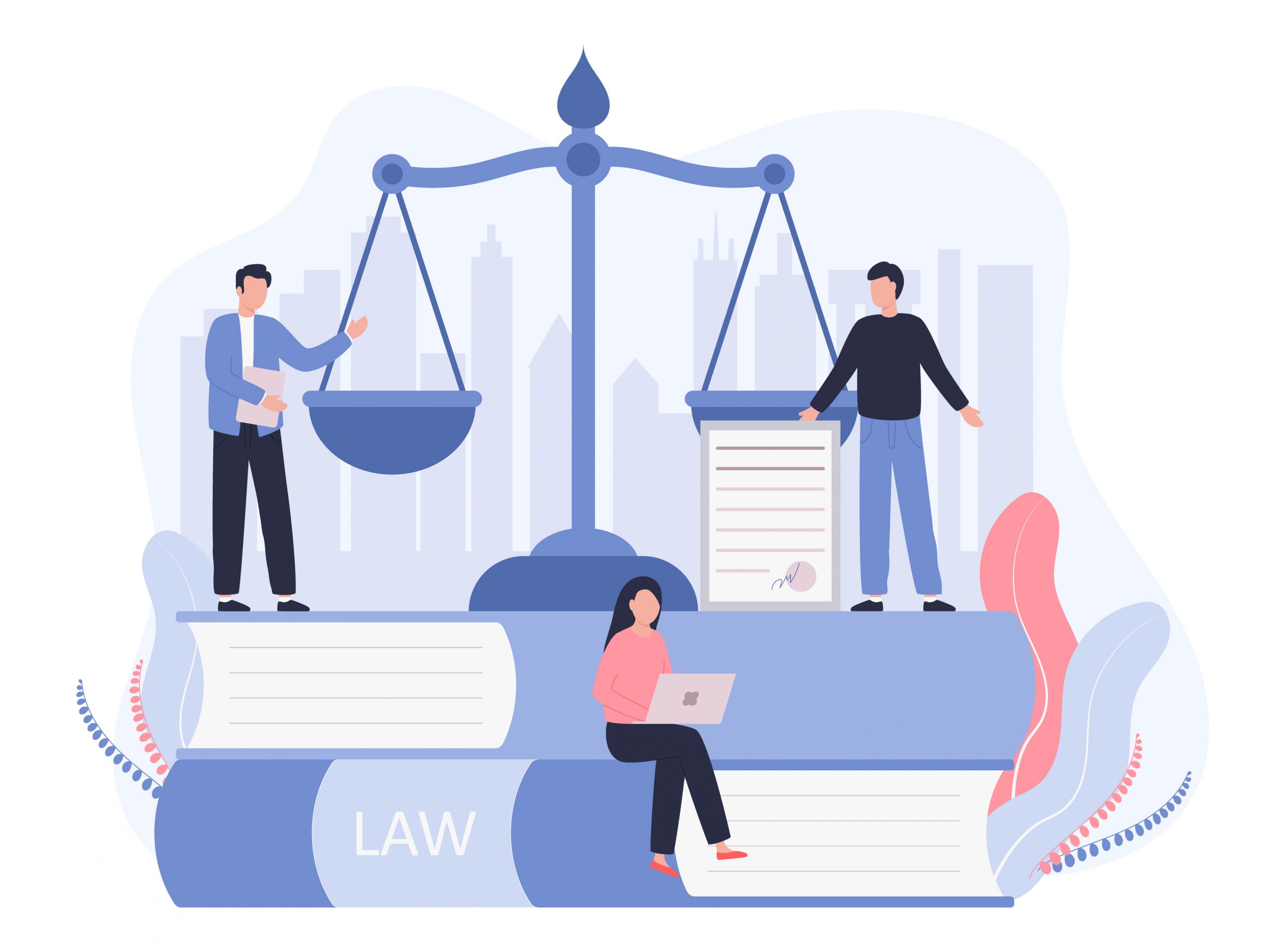
10 Dec Global Health & Law
“AIGHD has this strength to be a great collaborative organization that brings all discipline together and both researchers and academia”. With the recent appointment of Associate Prof. Anniek de Ruijter to the AIGHD executive board, AIGHD has become an even more interdisciplinary organization. In addition to this appointment, Dr. Katrina Perehudoff will join Anniek as a postdoctoral fellow in Health Law. Anniek’s research focuses on the law and governance of health innovations, public health and patient rights, and environmental health. Katrina’s research addresses medicines innovation, regulation, and access. Anniek and Katrina will be examining global health issues at AIGHD through a legal lens.
One important ‘intervention’ for the prevention and treatment of disease is law. After all, the current ‘stay at home’ regulations (that aim to contain the Covid-19 outbreak) is why we are all sitting at home now. Law influences health in several ways; it embeds norms and values that are important to society into legal rules, regulations, policies, and agreements. For example, consumer protection and protecting public health are the societal values underlying modern pharmaceutical regulation law (to evaluate the safety, efficacy, and quality of new medicines). Law is also a vehicle that translates health interventions into public health practice and positive health outcomes. For instance, the obligation to wear a seatbelt in the car is a legal intervention with a major public health impact. Law intersects with health in many different fields, for example: health care delivery and financing, patient rights, food safety, transportation, universal healthcare coverage, optimal use of antibiotics etc.
Human rights: a tool to enjoy health?
Health and human rights share a rich history of striving for social justice and promoting human dignity. Human rights law imposes obligations on governments to ensure that each individual enjoys the highest attainable standard of physical and mental health. Human rights are fundamental rights, and some examples are consent, access to healthcare, and privacy. Human rights achieve their impact in three ways:
First, as a political function. We all have a right to basic minimum healthcare and access to the social determinants of health, for which politicians can be held accountable. Second, human rights play a role in creating and shaping social norms. Our collective desire to protect human dignity and health influenced the world’s outrage at unaffordable antiretroviral prices in the HIV/AIDS epidemic of the 2000s. Public pressure and advocacy- fueled in part by human rights arguments- from around the globe helped bring down prices and increase access to these lifesaving medicines. Third, human rights serve a legal function. Human rights principles are legally binding in many countries, and they impose legal obligations on governments and individual rights that can be enforced.
Incorporating law into AIGHD opens the door to many new opportunities. Katrina mentions that “AIGHD has all the ingredients for successful research collaboration: rigorous science, strong international and in-country networks, and a heart for global health”. AIGHD welcomes the discipline of law as a new perspective in the team to achieve even greater impact!
